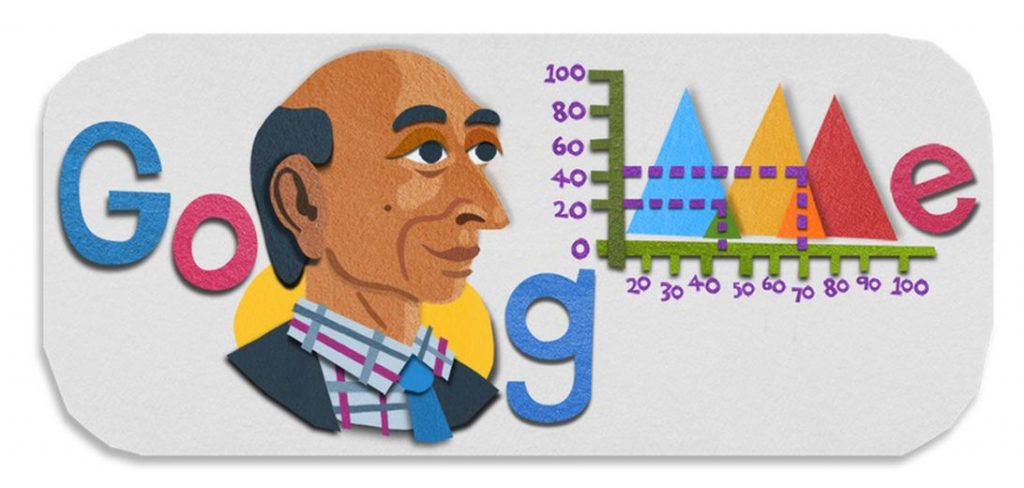In 1964, while contemplating how to program software for handwriting recognition, a mathematician, computer scientist and electrical engineer named Lotfi Zadeh conceived of a new mathematical technique. His fuzzy logic theory offered an alternative to the rigid yes-no logic, in an attempt to mimic how people see the world.
To honor his controversial innovation, Google on Tuesday dedicated its Doodle to Zadeh on the 57th anniversary of the concept’s creation. The Doodle demonstrates his concept, showing that an alternative to the black-or-white Boolean logic, which determines the membership of a given class based on one (yes) or zero (no). His theory provided a means for calculating intermediate values between yes and no.
Looking for Cyber Monday deals?
Don’t miss a minute of the action with our coverage of the best Cyber Monday 2021 deals.
Born on Feb. 4, 1921, in Azerbaijan, Zadeh moved with his family at the age of 10 to Iran, where he graduated with a science degree from the University of Tehran. He earned enough money selling goods to the US Army during World War II to move to continue his education in the US, earning a master’s degree in electrical engineering from the Massachusetts Institute of Technology in 1946 and a Ph.D. from Columbia in 1949.
While serving as an electrical engineer professor at the University of California, Berkeley, Zadeh proposed using imprecise data to solve problems that may have more than one solution. His 1965 paper Fuzzy Sets — Information and Control sought to use mathematics to define human concepts such as «slightly,» «tall» or «beautiful» and other concepts that have ambiguous meanings, thus creating a set theory where elements have a degree of membership.
Zadeh’s theory proved controversial, with many in academic circles ridiculing and attacking it, because it challenged other forms of mathematics and used unusual terminology.
«My paper was an object of indifference, skepticism and derision,» he wrote in 2015. «A prominent school of thought claimed that fuzzy set theory is probability theory in disguise.
«In part, many negative reactions to my papers reflected the fact that the word «fuzzy» has pejorative connotations,» he wrote.
Despite the criticism, fuzzy logic became popular with Japanese manufacturers and played a prominent role in everything from medicine to economic modelling to antilock braking and dishwashers, to name just a few.
In recognition of his achievement, Zadeh received dozens of engineering and academic awards, including 24 honorary doctorates.
Zadeh died in 2017 at the age of 96.
